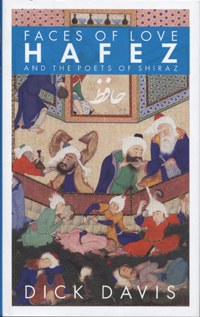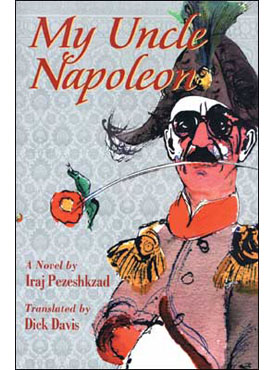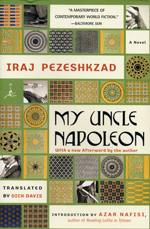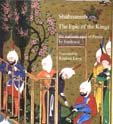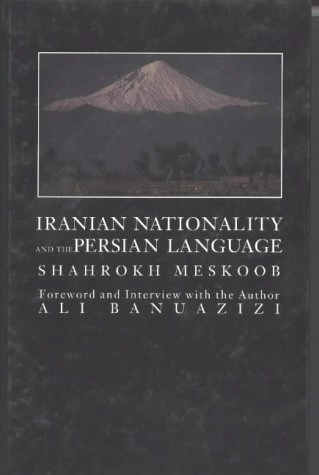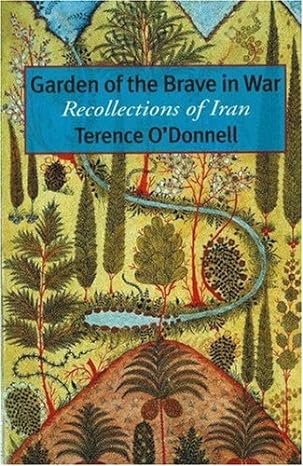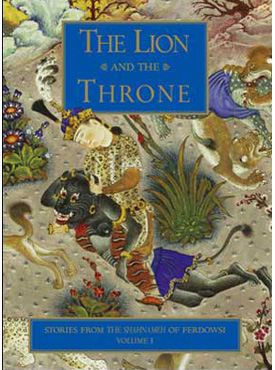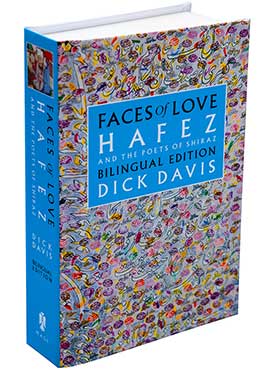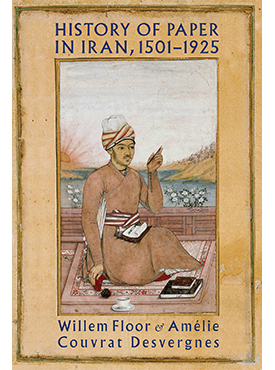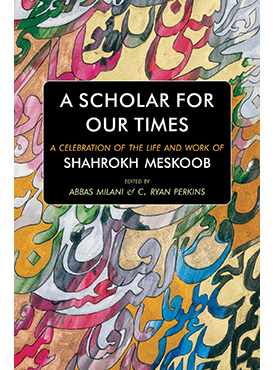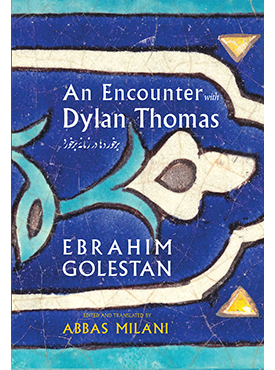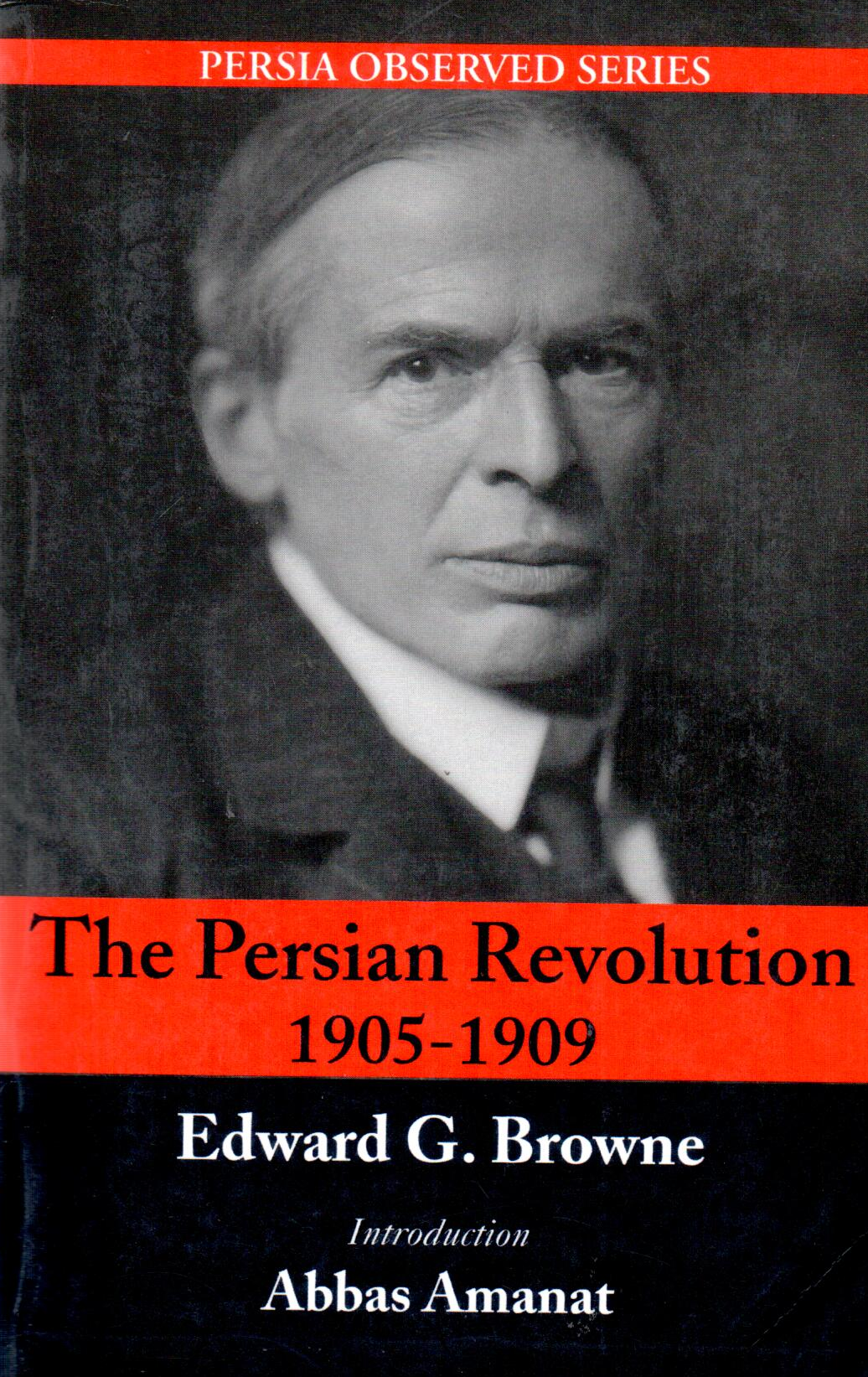Faces of love Hafez and the poets of Shiraz الإنجليزية 1433
Faces of love Hafez and the poets of Shiraz
60٫60 $
مشاركة
Wishlist
ISBN رقم:
9781933823485
الناشر:
MAGE PUBLISHERS
الفئة العمرية:
البالغون
الصفحات:
285
الوزن:
497 g
أبعاد المنتج:
14 x 21 x 2 cm
غلاف الكتاب:
غلاف کرتونی
A giant of world literature, an eloquent princess, a dissolute satirist – these are the three voices translated from fourteenth-century Persian by Dick Davis in Faces of Love. Together, they represent one of the most remarkable literary flowerings of any era. All three – Hafez, Jahan Malek Khatun, and Obayd-e Zakani – lived in Shiraz, a provincial capital in south-central Iran, and all drew support from arts-loving rulers at a time better known for invasions and political violence. Love was a frequent subject of their work: spiritual as well as secular, in varieties embracing every aspect of the human heart.
They could hardly have been more different. Hafez – destined to win fame throughout the world – wrote lyrical poetry that was subtle, elusive, and rich in ambiguity. Jahan – largely forgotten until recent decades – was a privileged princess who could evoke passion, longing and heartbreak with uncanny power. (As Davis says: “To have this extraordinary poet’s fascinating and often very beautiful poems emerge from six hundred years of virtual oblivion seems almost miraculous.”) Obayd – a satirist and truth-teller – celebrated every pleasure of the flesh in language of astonishing and occasionally obscene honesty.
more
A giant of world literature, an eloquent princess, a dissolute satirist – these are the three voices translated from fourteenth-century Persian by Dick Davis in Faces of Love. Together, they represent one of the most remarkable literary flowerings of any era. All three – Hafez, Jahan Malek Khatun, and Obayd-e Zakani – lived in Shiraz, a provincial capital in south-central Iran, and all drew support from arts-loving rulers at a time better known for invasions and political violence. Love was a frequent subject of their work: spiritual as well as secular, in varieties embracing every aspect of the human heart.
They could hardly have been more different. Hafez – destined to win fame throughout the world – wrote lyrical poetry that was subtle, elusive, and rich in ambiguity. Jahan – largely forgotten until recent decades – was a privileged princess who could evoke passion, longing and heartbreak with uncanny power. (As Davis says: “To have this extraordinary poet’s fascinating and often very beautiful poems emerge from six hundred years of virtual oblivion seems almost miraculous.”) Obayd – a satirist and truth-teller – celebrated every pleasure of the flesh in language of astonishing and occasionally obscene honesty.
more

